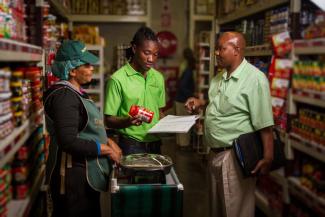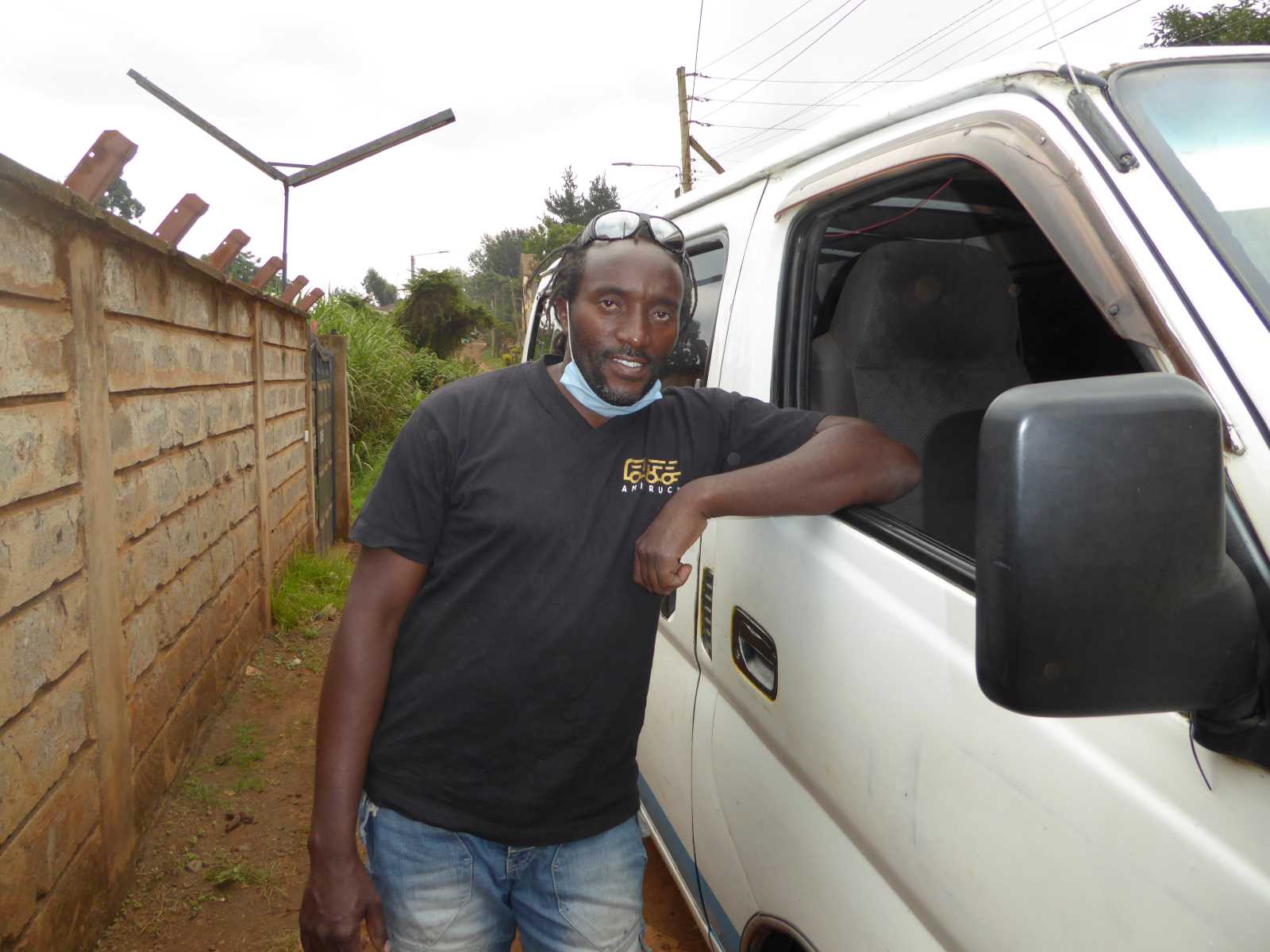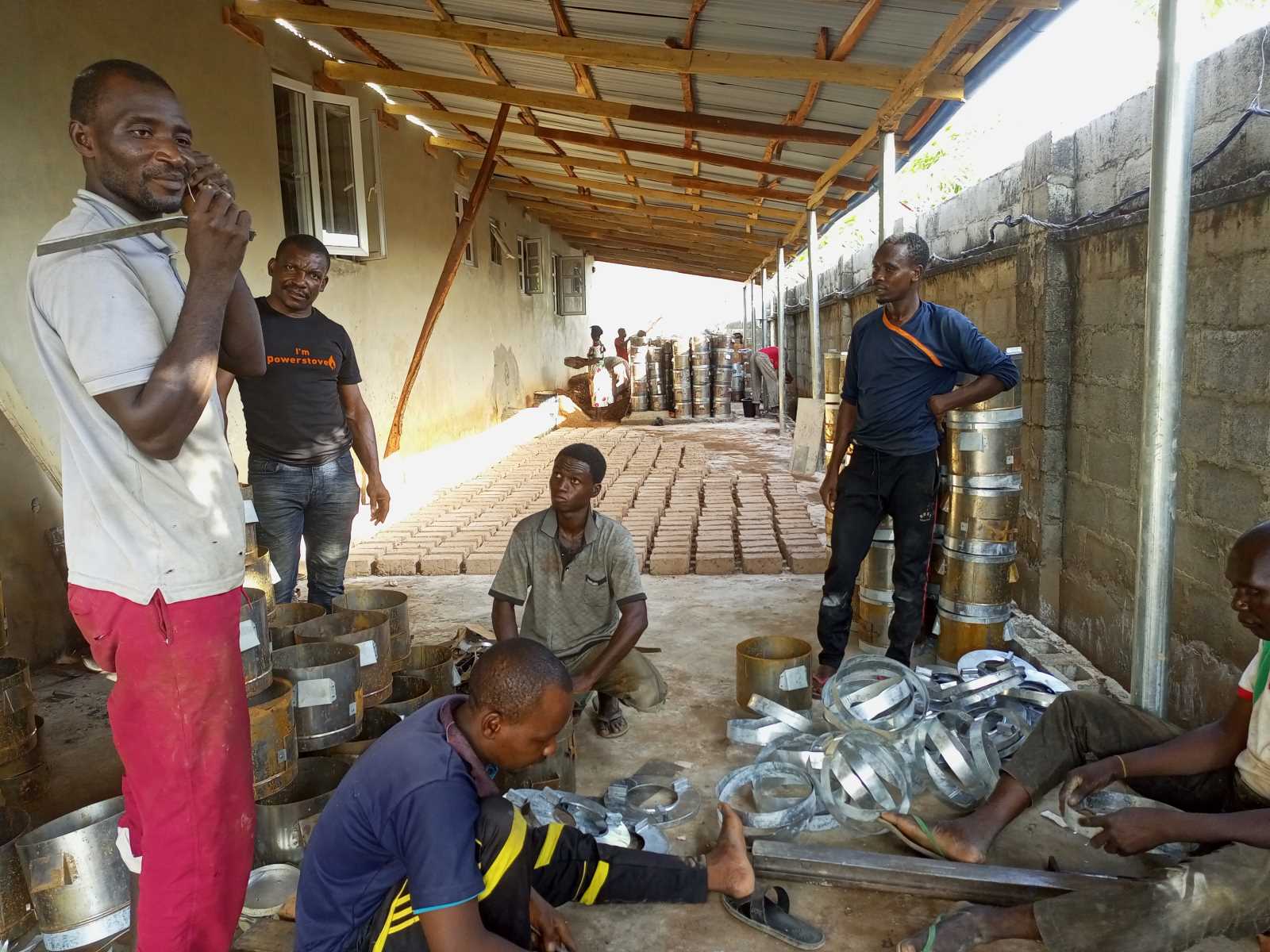Business
Risks can be minimised

Zakiya Serguro is convinced that there are a lot of opportunities all over Africa, not only for big players, but also for small and medium size companies. But to do business successfully you have to “do your own homework”, she recommends. One must thoroughly assess opportunities and risks, Zakiya Serguro says. As head of the Johannesburg office of the risk consultancy Frank Partners she specialises in analysing the business environment for companies, organisations and governments.
In her eyes, an entrepreneur must understand risks to beat competitors. As the most evident risks in African countries, she lists:
- political instability,
- corruption,
- excessive red tape,
- financing,
- payment default and
- demanding excessively high prices for one’s own products.
In February, the German-African Business Association held its 5th Managing Risk in Africa conference in Frankfurt. At the event, Zakiya Serguro outlined her view about corruption in Africa: “It definitely exits, but not more than elsewhere in the world.” She says the key for doing successful business in Africa is to understand where the money goes. Personal contacts matter, she adds, so one should develop personal relationships in countries one wants to invest in. Claiming outstanding payments can be especially difficult, she says, so managers have to think long and hard how to get the money their companies are entitled to. Serguro suggests to be proactive: “If you have a delay in payment, you have to push your lawyers to find out what they can do about the problem.” Once again, the emphasis is on having partners who understand the country and its culture.
Zakiya Serguro did not include health risks in her list, but many western travelers do get sick in Africa. Accordingly, some business people are afraid of going to places where they do not know whether they will get proper treatment in case of need. The risk can be managed, however: International SOS is a company that provides clients with medical services and thus travel security, catering to corporations and business travellers in particular. International SOS runs several preventative programmes with in-country expertise and emergency assistance for critical illnesses and wounds from accidents or acts of violence.
International SOS has drafted a travel risk map 2016. It indicates the most dangerous countries in terms of traveling security as well as the countries with the worst health-care systems. Unsurprisingly, Libya, Niger, Burkina Faso, the Central African Republic, South Sudan, Eritrea and Somalia are among the most dangerous places in Africa.
According to Matthias Lohnof International SOS, car accidents are the greatest health risk in Africa, rather than infectious diseases or violent crime. Poor roads, insufficient car maintenance and irresponsible driving are the main reasons. While most travellers fear terrorism, Lohn says, petty crime and street crime are much more common. International SOS has its own medical facilities in regions with low health-care standards. “Our advice for everybody who wants to do business in Africa is: be prepared!,” Lohn summarises.
Busani Moyo-Majwabu works for the consultancy Control Risks and specialises in Nigeria. According to him, the country is still interesting as a growth market, but he acknowledges political and security risks. One of the biggest business constraints is corruption. President Muhammadu Buhari has promised to fight it and has already taken some action against corrupt politicians, Moyo-Majwabu says. He considers the trend encouraging. Apart from corruption, there are serious security risks in Nigeria, including terror attacks by the Islamist militia Boko Haram.
None of these risks should deter companies from investing in Nigeria or elsewhere in Africa, says Stephan Liebing, the chairman of the German-African Business Association. His recommendation is to identify risks, analyse them and find solutions. “We need expert partners”, he says. Moreover, he expresses himself in favour of establishing new instruments to manage risk, with governments in advanced nations sponsoring something like insurance schemes. “The private-sector needs more support from the government to mitigate the risks,” Liebing argues.
Sabine Balk
Links:
Travel risk map 2016:
https://www.internationalsos.com/~/media/corporate/files/images/risk-outlook/international-sos-travel-risk-map-2016.pdf?la=en
German-African Business Association:
http://www.afrikaverein.de/en/home/












